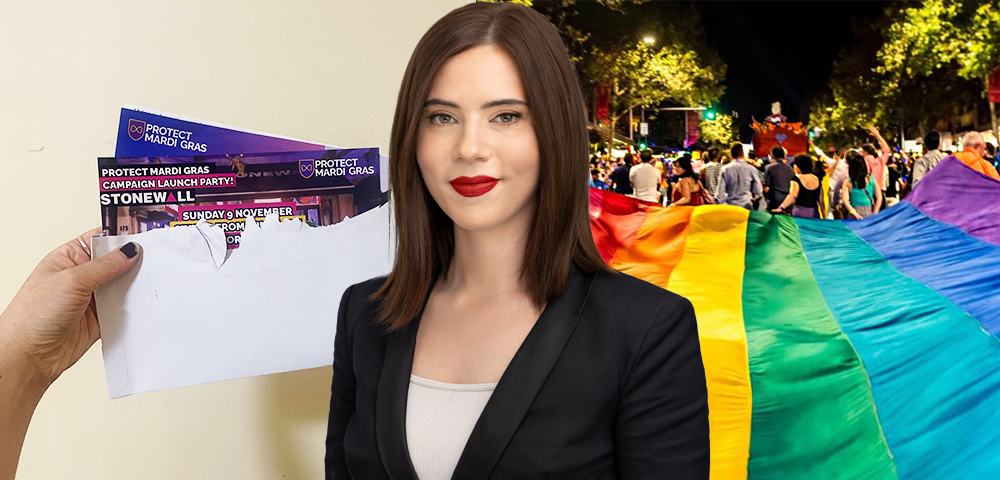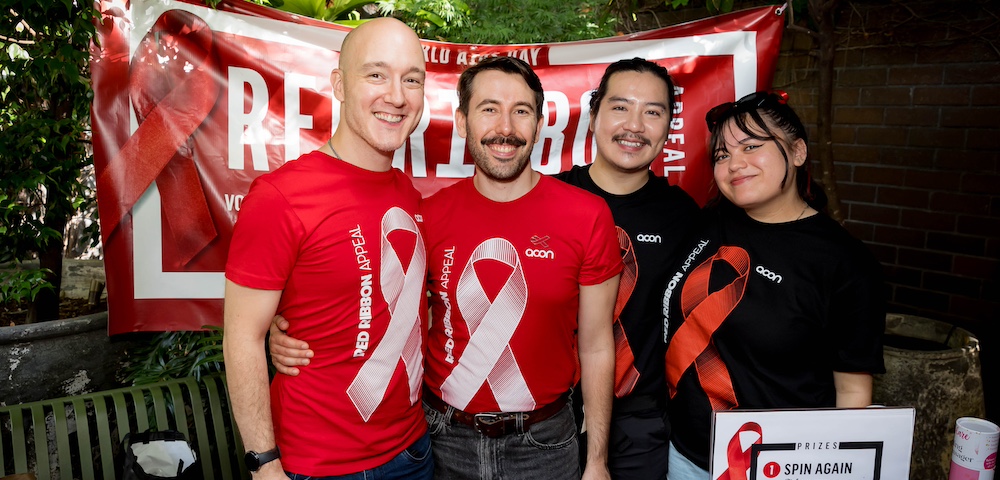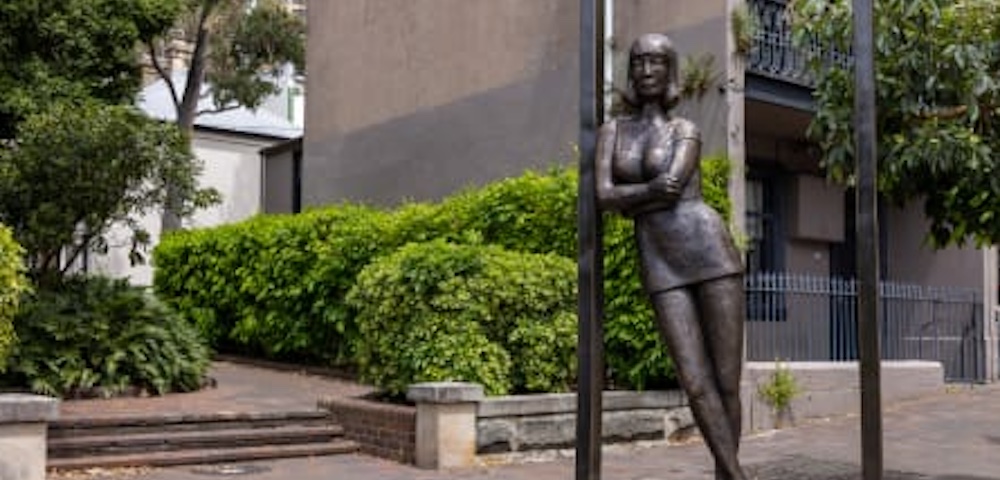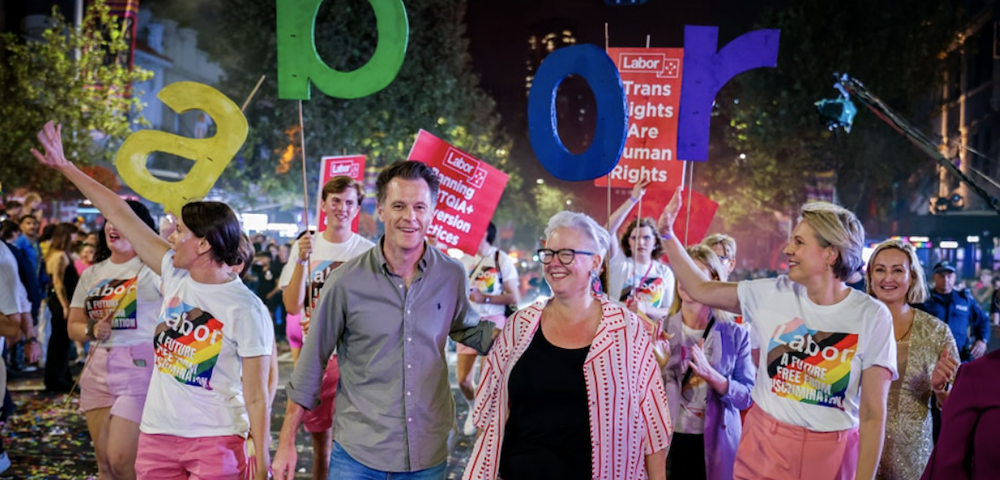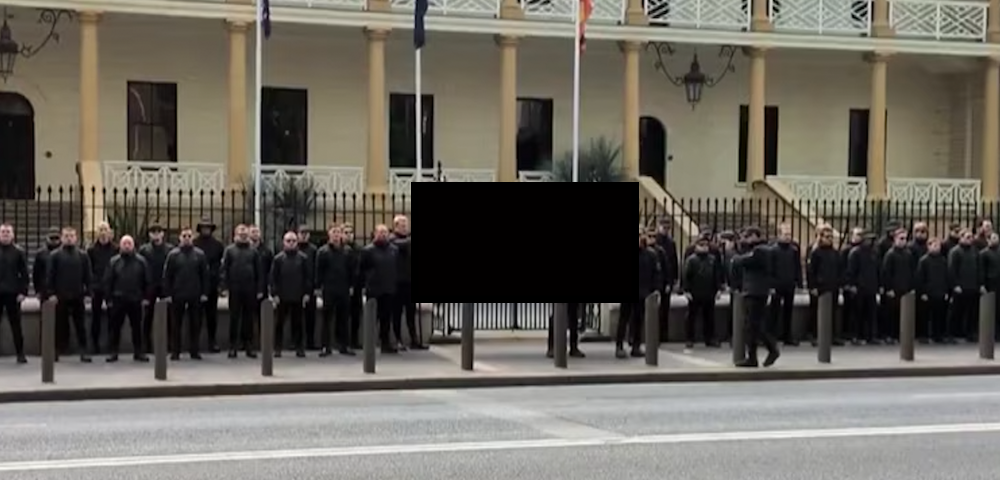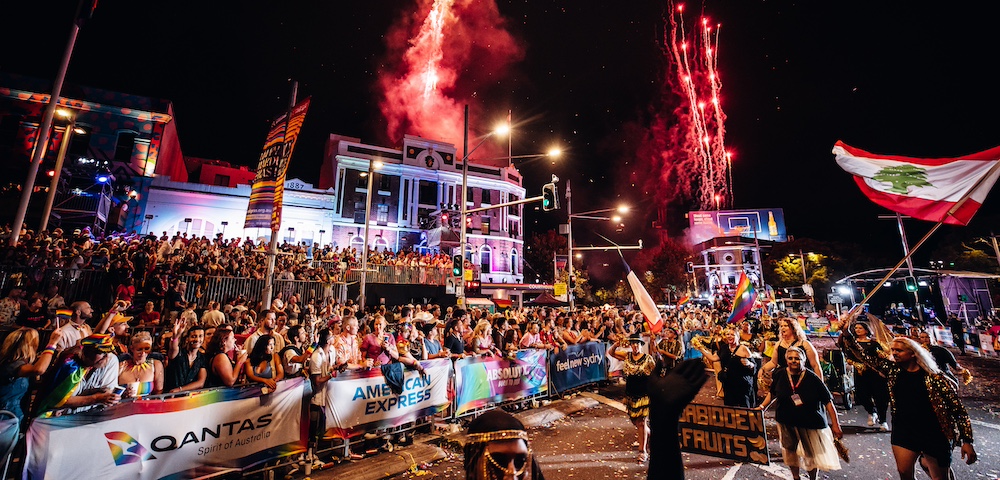
Refugee tribunal: You’re not gay
Despite a High Court rebuke and assurances to the Senate, immigration authorities are still finding ways to ignore pleas for protection on the basis of anti-gay persecution.
Egyptian-born Mohamed (Mike) Sarhan is the latest in a string of cases where bigoted assumptions by the Refugee Review Tribunal (RRT) and the Immigration Department are putting gay people at risk of torture.
Sarhan and his Australian partner Brad Calderon celebrated their second anniversary last week with rings and a ceremony at Sydney Town Hall, but the RRT accused them of faking homosexuality.
How on earth can you prove that you are gay or not? I told her everything during the interview but she threw it out, Sarhan said.
When Sarhan first applied he thought the case would be open and shut as he fled Egypt in 2004 after being found in his underwear with another man during a police raid.
Homosexuality is punishable in Egypt under debauchery laws, but Sarhan claims he escaped prosecution because the other man was a British citizen.
Fearing he would be further targeted by police or killed by his father, Sarhan came to Australia where relatives had accepted his sexuality.
He claims the Immigration Department did not dispute his claim, but refused him a protection visa as low profile behaviour would reduce the risk on return to Egypt.
But if I go back I’ll be dead by my family, or I’ll be caught by the police and tortured without any fair trial, Sarhan said.
Appealing to the RRT was little help, even though the presiding member Christine Long accepted that openly gay people couldn’t be sent back to Egypt.
The Tribunal accepts that persons taken into custody in Egypt on suspicion of homosexual activity face a real chance of torture, physical mistreatment and other human rights abuses amounting to persecution, Long wrote.
-¦ [but] the Tribunal does not accept that the applicant is a homosexual and that he has engaged in homosexual conduct in either Egypt or Australia.
Long doubted Sarhan’s claims because he admitted to leaving out the issue of homosexuality during discussions with his first migration advisor, a man from the Lakemba Muslim community.
Recently arrived in Australia, Sarhan said he did not feel safe revealing his sexual orientation to a Muslim man. After the first meeting, he chose another advisor.
That meeting cost him credibility at the initial RRT hearing, but the case will be reheard after the Federal Court intervened to protect the right of confidential communication, ruling Sarhan’s omission must be ignored.
The application was reheard by the RRT yesterday, but the outcome is still unknown. Sarhan hopes he at least has a chance.
They’re playing with people’s lives. Mike can’t go back, he’ll have to go to a safe country like New Zealand and I’ll go with him, Calderon said.
The couple had wanted to celebrate their commitment on their first anniversary, but held off while their future was undecided.
But as their second anniversary approached, Calderon said they refused to wait any longer and signed the City of Sydney’s relationship register on 18 July surrounded by friends and family. They later celebrated at the Imperial Hotel.
The couple could return to Australia if the government granted Sarhan a relationship visa from outside the country.
Despite the limbo surrounding his future, Sarhan’s case has paved the way for fairer treatment of refugees after the Federal Court precedent.
The High Court rebuked the RRT over a 2003 case involving two Bangladeshi men, which opened the door to sexual orientation as grounds for claiming asylum.
Since then further criticism has come after Tribunal members said applicants’ homosexual activity was merely the result of all-male detention.
Under scrutiny at Senate Estimates Hearings earlier this year, principal member Steve Karas accepted a suggestion members undergo training on sexuality issues.
Have your say: Should the Refugee Review Tribunal accept all gay applicants from Muslim countries? Vote Yes on No at www.ssonet.com.au.




